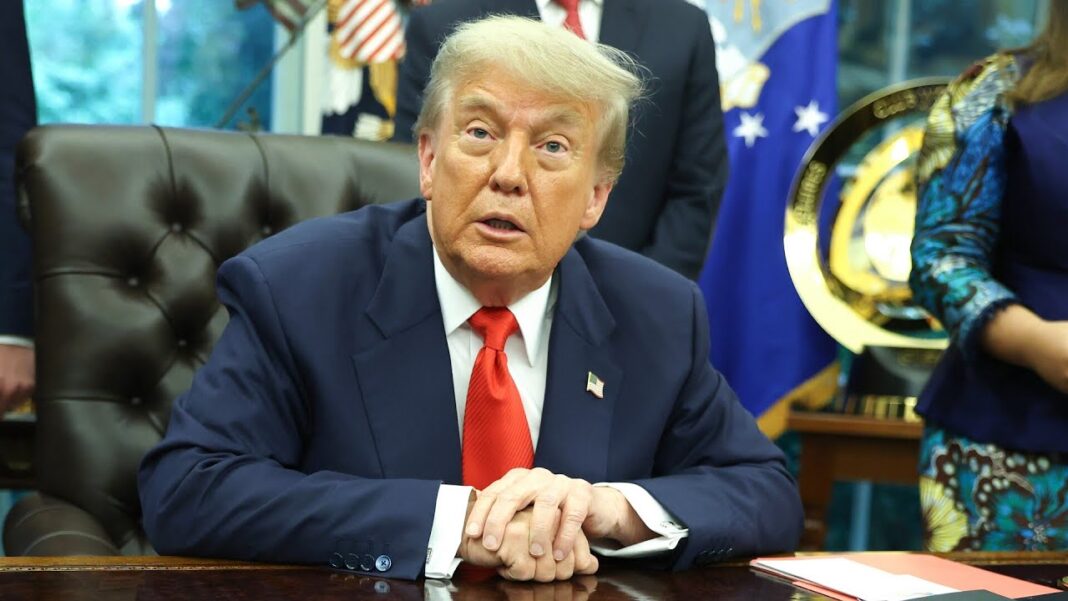Battery startups aim to bypass China with homegrown materials, but one analyst says the West should back rising lithium-ion producers like Hungary or Korea.
China’s stranglehold on the battery market could be loosened with emerging technology that substitutes hard-to-source minerals with alternatives widely available in the West, such as sulphur, according to some U.S.-based manufacturers.
Over the past three decades, China has steadily maintained a grip on the production and manufacturing of every component of battery cells, the current lithium-ion batteries that are integral to modern societies.
Traditional lithium-ion batteries are made of three key components. A graphite anode, a lithium-based cathode, and an electrolyte made from lithium salts.
Lithium can be sourced from Australia, Chile, or Argentina. But the rest is mined, processed, and sourced from China.
Batteries also include cobalt and nickel, which are heavily sourced from Congo-Kinshasa and Indonesia, with Chinese companies dominating processing, according to the U.S. Energy Information Administration.
Alternatives, such as lithium-sulfur batteries, replace cobalt and nickel with sulfur (the tenth most abundant element in the universe) and use U.S.-sourced lithium-metal instead of imported materials.
Keith Norman, Chief Sustainability Officer at the Silicon Valley startup Lyten, told The Epoch Times that China has “definitely executed monopolies.”
But Western start-ups like his said that while they cannot compete with China in terms of lithium batteries, they could create their own game by making entirely new kinds of technology.
New Generation
A 2024 report by the Carnegie Endowment for International Peace (CEIP) think tank argued that the U.S. policy response to the battery crisis must be the “urgent commercialization of next-generation technologies.”
The report said that next-generation batteries represent a “fundamentally new architecture” compared with today’s lithium-ion batteries, leaving behind liquid components for a solid-state architecture and eliminating graphite, a material over which China “has a chokehold on production.”
Furthermore, the per-kilogram prices of Chinese lithium-ion batteries exported to the United States are lower than the same product sold to any other market, according to an Atlantic Council report from January.
The report said it may be due to Chinese battery exporters aiming to undercut U.S. and allied manufacturers.
US Sourced
Unlike traditional cells, Lyten’s lithium-sulfur batteries eliminate the need for nickel, manganese, or cobalt—critical minerals that Beijing dominates—and instead use sulfur and U.S.-sourced lithium metal.
It has also begun U.S. production of battery-grade lithium metal.
By Owen Evans







